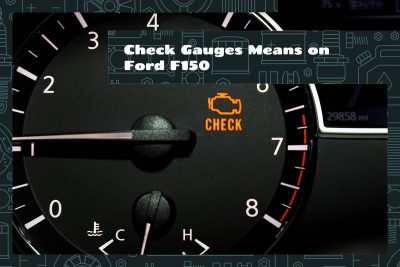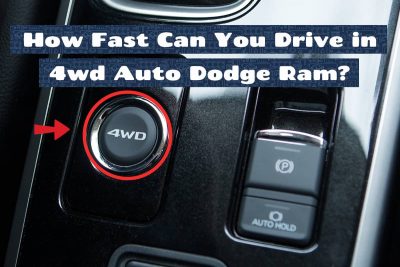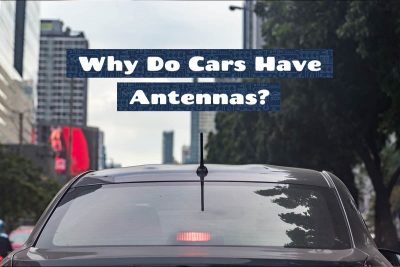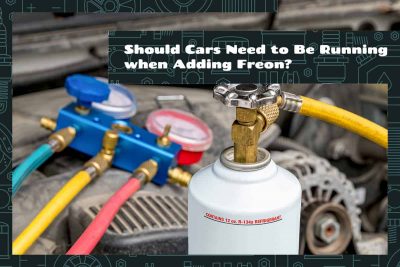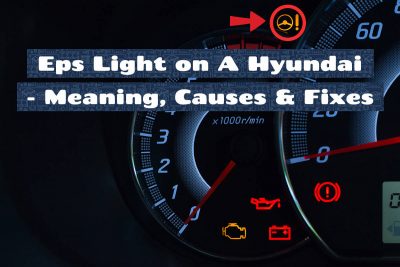Bad starter relay symptoms typically include problems starting the car, unusual noises during ignition, and irregular engine cranking. You’ll usually find the starter relay in the fuse box under your car’s hood or dash. The replacement cost, including parts and labor, often ranges from $50 to $250, depending on the model of your vehicle.
Driving through water might seem like a harmless act, especially during rainy seasons or when encountering flooded areas. However, doing so can lead to several complications for your vehicle, such as starting problems. The worst of which is your car being unable to start at all!
The “Check Gauges” light on a Ford F-150 activates when one or more of the dashboard gauges—oil pressure, engine temperature, battery voltage, or fuel level—register outside the normal range.
The maximum driving speed in 4WD Auto mode is generally between 55 and 60 MPH. However, it ultimately depends on road conditions.
Most of the time, people are scratching their heads over how to get their cars started. However, there may be specific instances where you want the opposite—to prevent your car from turning on completely. So, how do you do this?
To put a Ford F150 in neutral with a dead battery, locate the shift release on or near the gear stick, press and hold the shift release button, and manually move the lever into the neutral position.
A car is considered ‘totaled’ if the repair cost exceeds its pre-accident value. A bent frame can lead to this, but it’s not an automatic determination.
Think of the antenna as the car’s “ear.” It picks up radio waves so you can jam to tunes, helps your GPS to prevent you from getting lost and even assists in making those all-important phone calls.
Washing your car before it rains can be an acceptable practice if you apply wax, which repels rainwater. If you don’t want to use wax on your car, you should let the rain pass before washing your car.
The ideal temperature for your car’s AC should be around 21-27°C (69-80°F). This range provides a comfortable cabin environment while optimizing fuel efficiency.
Yes, running the car ensures proper circulation and helps the Freon to disperse evenly in the system. If you do this while the engine is off, it might lead to uneven distribution and reduced cooling efficiency, among other consequences.
The EPS light on a Hyundai indicates a problem with the Electronic Power Steering system. Symptoms may include difficulty in steering. Fixing the problem may involve checking electrical connections, alignment, or consulting a professional mechanic.


